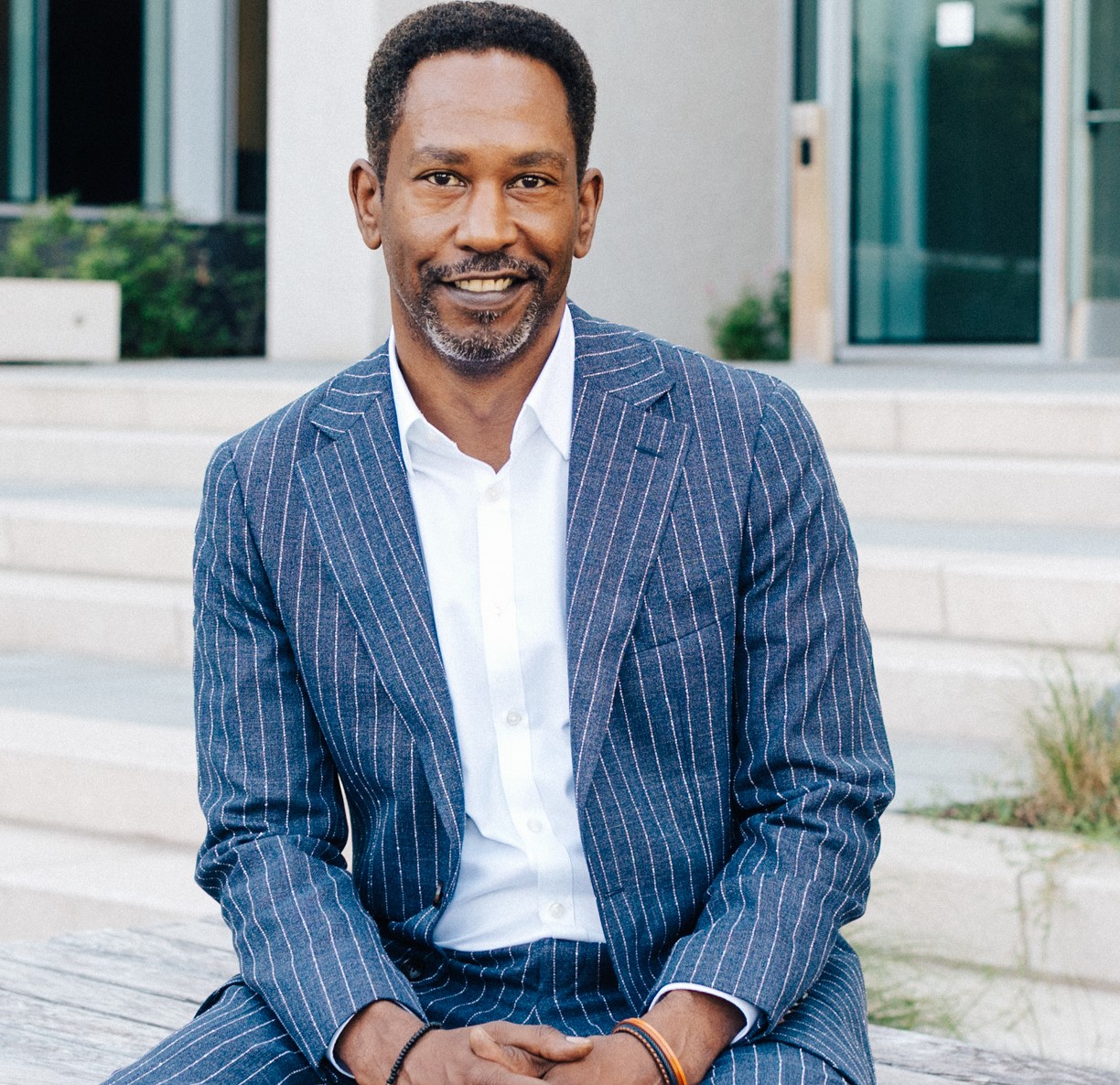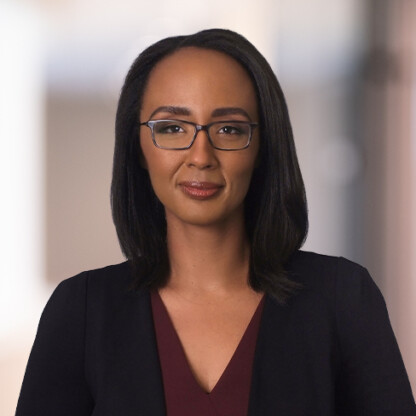
In honor of Black History Month, Foley invited all firm members to attend a virtual conversation with Brent Leggs about the importance of uplifting Black culture in our shared American history. Leggs illuminates this topic through the lens of the National Trust for Historic Preservation and his role as Senior Vice President and Founding Executive Director of its African American Cultural Heritage Action Fund.
Leggs began with his personal journey to preservation, from his first childhood memory of race, place and identity to his work on the inventory of the historic Rosenwald Schools as a student at the University of Kentucky. He also spoke about the importance of preservation in the fight against cultural inequity, urban renewal, redlining, and disinvestment.
The Black preservation movement was “birthed in the burning of the mortgage” of the Frederick Douglass House after it was purchased with many small contributions from Black people across the country. Today, the Action Fund led by Leggs is the country’s largest preservation campaign on behalf of historic African American places that represent centuries of activism, achievement, and resilience.
Leggs told attendees about a number of these efforts and their significance in American history, from the preservation of Clayborn Temple in Memphis from which Dr. Martin Luther King Jr. led thousands on a march to city hall to the restoration of Vernon AME Church to mark the 100th anniversary of the Tulsa Race Massacre. He also highlighted the need to identify and preserve more overlooked places such as Joe Frazier’s Gym where he trained for the “Thrilla in Manila” and Alice & John Coltrane’s House where they wrote A Love Supreme.
According to Leggs, preserving the tapestry of African American cultural sites is fundamental to understanding the American story – and is an act of social justice.
“Black history is American history. For people of color, they can see that dreams can be realized. For all Americans, they can revere and understand the contributions of Black people.”
Read more about Diversity & Inclusion at Foley.
Author(s)

Alexis P. Robertson
Director of Diversity, Equity, & Inclusion
[email protected]